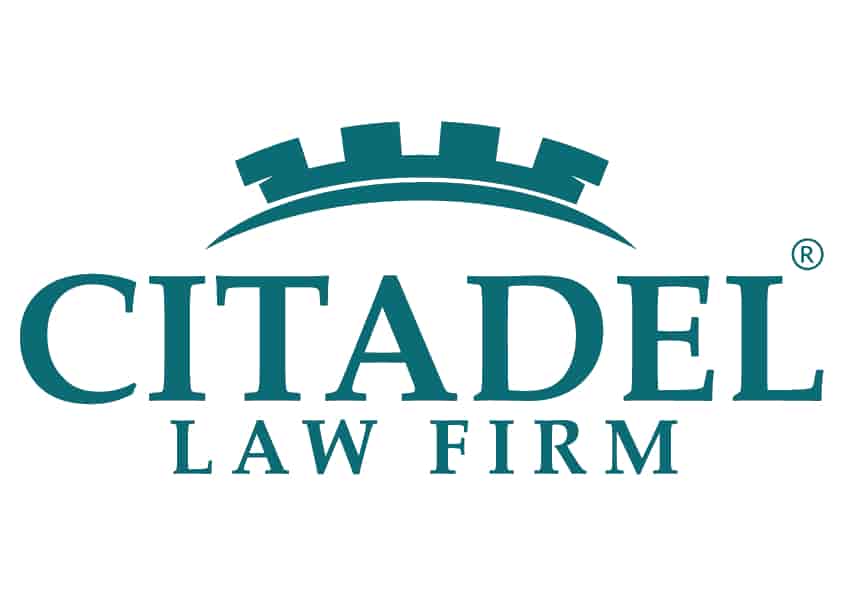Property Trusts : Complete Guide for Estate Planning
When planning your estate, one of the most important decisions you will make is how to protect your property for your loved ones. A property trust is a legal arrangement that allows a trustee to hold and manage property on behalf of beneficiaries. It can provide privacy, help avoid probate, reduce conflicts, and create long-term protection for family assets.
At Citadel Law Firm, we often see families in Arizona who want to safeguard real estate—whether it’s a family home, vacation property, or rental investment. Understanding how a property trust works is essential to making informed decisions that reflect your goals.
What Is a Property Trust?
A property trust is a form of trust specifically designed to hold real estate or land. Instead of having your property titled in your name, ownership is transferred to a trustee who manages it according to the trust document.
Key entities involved in a property trust include:
-
Grantor (Settlor) – the person who creates the trust and transfers property into it.
-
Trustee – the individual or institution that manages the trust and follows its terms.
-
Beneficiaries – those who benefit from the trust property (e.g., children, spouse).
A property trust can be used for personal residences, rental property, land investments, or commercial buildings.
Types of Property Trusts
Not all property trusts are the same. Different structures serve different purposes.
1. Revocable Property Trust
-
Can be changed or revoked by the grantor at any time.
-
Often used as part of a living trust to keep control during lifetime.
2. Irrevocable Property Trust
-
Cannot be easily altered once created.
-
Provides stronger asset protection and may have tax advantages.
3. Land Trust
-
The property title is held in the trust, but the owner retains control of property decisions.
-
Provides privacy—ownership does not appear in public records.
4. Testamentary Property Trust
-
Created by a will and takes effect only after the grantor’s death.
-
Useful for long-term distribution to minors or vulnerable beneficiaries.
Benefits of a Property Trust
Property trusts are powerful tools in estate planning. Their benefits go beyond just transferring property.
-
Avoiding Probate – Property held in trust typically bypasses probate court, saving time and costs.
-
Privacy Protection – Ownership is not publicly listed under your name.
-
Asset Protection – Certain trusts shield property from creditors or lawsuits.
-
Control Over Distribution – You decide how and when beneficiaries receive property (e.g., after certain ages or milestones).
-
Estate Tax Planning – Some trusts may help reduce estate tax burdens.
-
Continuity of Management – If you become incapacitated, the trustee continues to manage the property without court intervention.
How to Set Up a Property Trust in Arizona
Setting up a property trust involves several important steps. While the exact process depends on your state laws, here is what Arizona families typically need:
-
Consult with an Estate Planning Attorney – Laws differ by state. An experienced lawyer ensures compliance and proper structuring.
-
Choose the Right Trust Type – Decide between revocable, irrevocable, or specialized trusts.
-
Select a Trustee – This can be a trusted individual or a professional trustee.
-
Draft the Trust Document – Outlines terms, powers of the trustee, and instructions for beneficiaries.
-
Transfer Property Title – The deed of your home or real estate must be retitled in the trust’s name.
-
Maintain Records – Keep the trust up to date with changes in property ownership or family needs.
Note: Simply creating a trust document does not transfer ownership. The property deed must be legally recorded in the trust’s name.
Property Trust vs. Other Types of Trusts
When considering a trust for your property, you might wonder: why not just use a living trust or other structures?
-
Property Trust vs. Living Trust
-
A living trust often includes property, but it may also cover bank accounts, investments, and other assets.
-
A property trust is narrower in scope, focusing specifically on real estate.
-
-
Property Trust vs. Irrevocable Trust
-
Property trusts can be revocable or irrevocable.
-
Irrevocable trusts provide stronger protection but remove flexibility.
-
-
Property Trust vs. Will
-
A will only takes effect after death and goes through probate.
-
A property trust operates immediately once property is transferred.
-
This comparison highlights why many people choose a property trust for real estate while combining it with a broader estate plan.
FAQ’s
1. Do property trusts avoid probate?
Yes, in most cases, property in a trust does not go through probate. This saves beneficiaries time and reduces legal costs.
2. Can a property trust help with privacy?
Yes. A land trust structure keeps your name off public property records, protecting your privacy.
3. Who can be a trustee?
A trustee can be a family member, trusted friend, or a professional fiduciary (such as a law firm or financial institution).
4. Can a property trust protect against creditors?
Only certain types of irrevocable property trusts offer asset protection from creditors. A revocable trust does not provide this shield.
5. Are there tax benefits to using a property trust?
Some irrevocable trusts can reduce estate taxes, but benefits vary depending on federal and Arizona state laws. Always consult a tax advisor.
Final Thoughts: Should You Create a Property Trust?
A property trust is one of the most effective estate planning tools for protecting real estate and ensuring your wishes are carried out. It combines privacy, probate avoidance, asset protection, and long-term family security.
At Citadel Law Firm, we help Arizona families evaluate whether a property trust—or a combination of trusts—best suits their needs. With the right legal guidance, you can create a plan that protects your property and provides peace of mind.


